
For the last couple of years, Outkast have been dodging rumors and speculation about the group’s breakup. Andre 3000 has lived up to his “eccentric artist” tag, declining to participate in trivial matters like, um, performing, while Big Boi has fought to keep the Outkast name alive, even if 3000 is not there to share the stage with him. The groups’ mysterious double-disc endeavor, Speakerboxxx/The Love Below, spotlighted the two individuals with a pair of solo discs, still marketed as Outkast, despite the fact that they weren’t exactly working side by side anymore. Still, despite all of the rumors and speculation, Outkast still lives on, even if they’ve gone through a bit of a “Hollywood Divorce”, so to speak.
Idlewild doubles as the new Outkast album, as well as the soundtrack to the movie of the same name. The film takes place during the 1930′s prohibition, so naturally the sound of Idlewild is influenced by that era. The result is a mash-up of speakeasy jazz and the trademark Outkast sound, and it works beautifully. The album begins with “The Mighty O” – a true-to-form Outkast song – which finds Dre and Big Boi taking it back to their roots, adopting the same 1994 freestyle flow that introduced them, interpolating a hook from Cab Calloway’s “Minnie The Moocher” (a favorite song of P.J./Andre in the film). The intended (but nixed) lead single “PJ & Rooster” pulls of this concept excellently, as Andre takes center stage for what could have been this year’s “Hey Ya”, a rip-roaring swing song, complete with well timed breakdown rhyme from Big Boi.
There are other moments, however, that don’t even attempt to hide the fact that these are big band jazz songs (made with keyboards and drum machines, respectfully), ready for this Chicago-esque stage show. Andre lets loose on the catchy “When I Look In Your Eyes”, as well as the title track “Idlewild Blue”, while Macy Gray lends her voice to “Greatest Show On Earth”. The movie character of Zora – here performed by Janelle Monae – sings a “deleted scene” of sorts, on “Call The Law”, a song that was not included in the film, but fits right in with the plot. The inclusion of these somewhat random songs seems confusing at times, but the electric Outkast sound is behind each of them, even if the members are giving up the spotlight to these guest artists. It is a soundtrack to a musical, after all.
But the meat of the album lies in the actual “album” tracks. That is, the stuff that didn’t appear in the movie. It’s all relevant to the ideas behind Idlewild, however. A theme that runs concurrent between the lives of Idlewild’s Rooster and his real-life counterpart, Big Boi, is that of family life vs. stardom. Just as his character struggles balancing these two aspects of his life in the film, its apparent that Big Boi’s lyrics addressing these subjects are written from real life experiences. The soulful “Peaches” goes in depth to these autobiographical subjects, as does “The Train”, both driven by excellent hooks shared by Sleepy Brown and Scar.
The other concurrent theme running through both the movie and the real lives of Dre and Big Boi, is the ultimate destiny of Outkast itself. The film presents the two characters (PJ and Rooster, played by Andre and Big Boi, respectively), as two very different personalities that co-exist and work together, despite their differences. The issue of whether or not the group has broken up or not is touched upon several times on the album, and the messages are mixed. Big Boi has no problem addressing it on the marching lead single, “Morris Brown”, a great track, yet one that would have definitely benefited from a few bars from Benjamin. Andre 3000 has his own take on the altered status of Outkast, as he sings on the wonderfully catchy “Life Is Like A Musical”: “I called Big Boi on the telephone / I said ‘hey hold up ‘fore we put out another song’ / Say no matter what goes down we stand strong / Cause ain’t nothin’ changed (it’s simple) / Now let’s make a musical / Based on fict and faction / No words like such, throw in some action / And you got us, well to a fraction / Cause things have changed (it’s all hood) / The Kast go Hollywood”.
The melancholy “Hollywood Divorce” follows, finding the duo rapping side by side with Lil Wayne (who truthfully steals the show) and Snoop Dogg. Again sending mixed messages, Dre’s cryptic hook suggests that all good things come to an end, while Big Boi lambastes people on the internet suggesting the group has broken up (ahem). Yet the characters in the movie go their separate ways at the end of the film, even though the audience is hoping for them to perform together. Art imitates life?
Despite the fact that Outkast is “different” now, both members of the group suggest that they still stand strong. Nevertheless, the “Hollywood Divorce” of the group does take a toll on the record, because we all want to hear Outkast do Outkast. But on the same token, despite the fact that this is a somewhat loose knit collection of mostly solo spotlights for Big and Dre, the overall quality and unified sound that they always seem to deliver is still there, and we can’t be mad at that.
Comments
No Comments
Leave a reply
- Raekwon Sets A Release Date For “F.I.L.A.” Album
- BUSH: A Snoop Odyssey Produced By Pharrell Williams [Preview]
- Drake – “If You’re Reading This It’s Too Late” Surprise Album on iTunes Now
- Action Bronson “Mr. Wonderful” Cover Art and Tracklist
- Juicy J “Blue Dream & Lean 2″ Mixtape Cover Art & Release Date Revealed
- MF Grimm “MF Love Songs” Cover Art + Tracklist
- Lord Hakim – “Brass Knucklez” (feat. Vast Aire & Phizz Ed)
- IAMSU! – “Hella Good” (feat. Tyga)
- DJ Kay Slay – “I Declare War” (feat. Styles P, Sheek Louch, Vado, Raekwon, & Rell)
- Maverick Sabre – “We Don’t Wanna Be” (feat. Joey Bada$$)
- Cannibal Ox – “Blade: Art of Ox” (feat. Artifacts & U-God; prod. Black Milk)
- Asher Roth – “Blow Your Head” (prod. Nottz)
- It's Time To Say Goodbye...
Commented on by Yungplex - It's Time To Say Goodbye...
Commented on by geedubbleyoo - Fat Trel - "In My Bag" (feat. Wale)
Commented on by Katae - Kanye West's "Runaway": What Does It All Mean?
Commented on by fidgar - Sole Vs. El-P: Part One - Sole
Commented on by Reno Yakavetta - It's Time To Say Goodbye...
Commented on by Atom
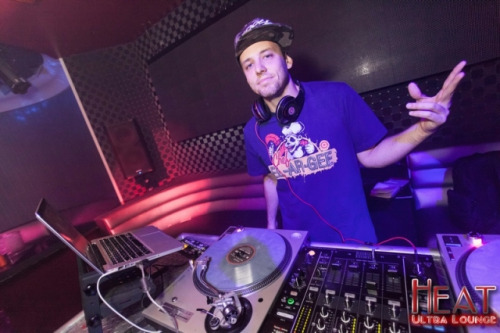

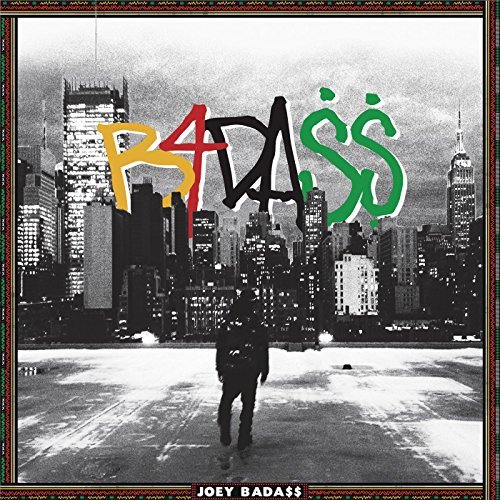
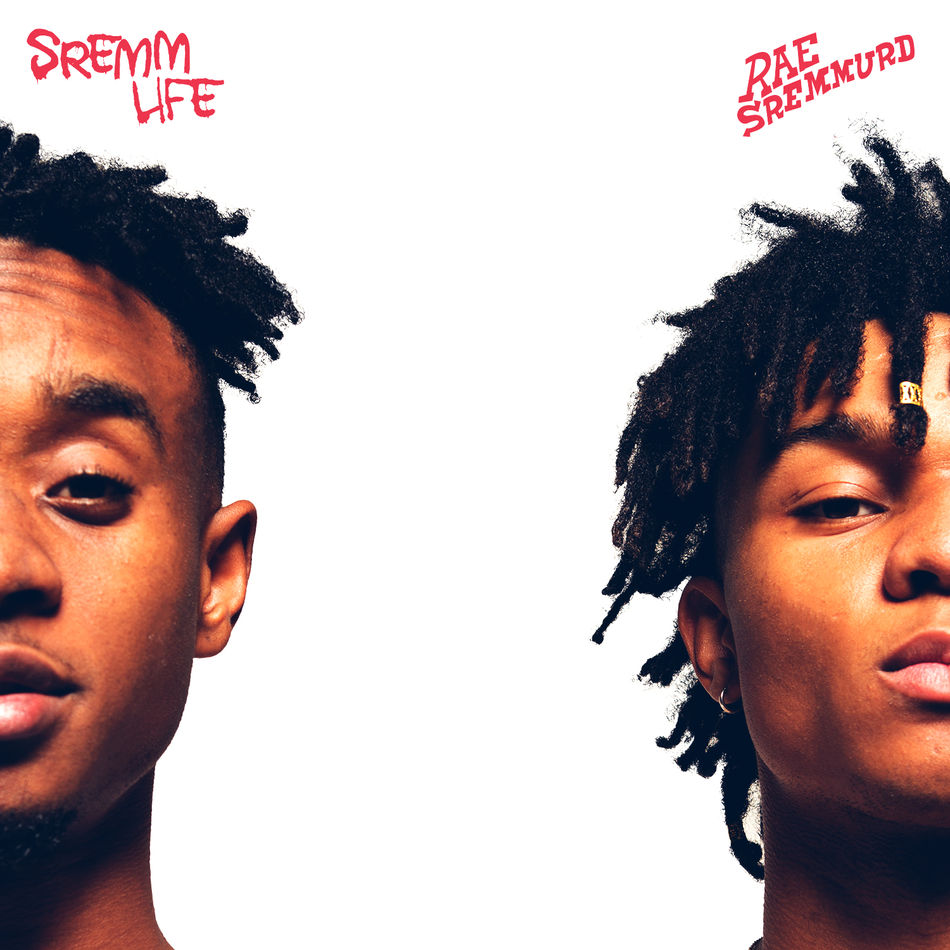
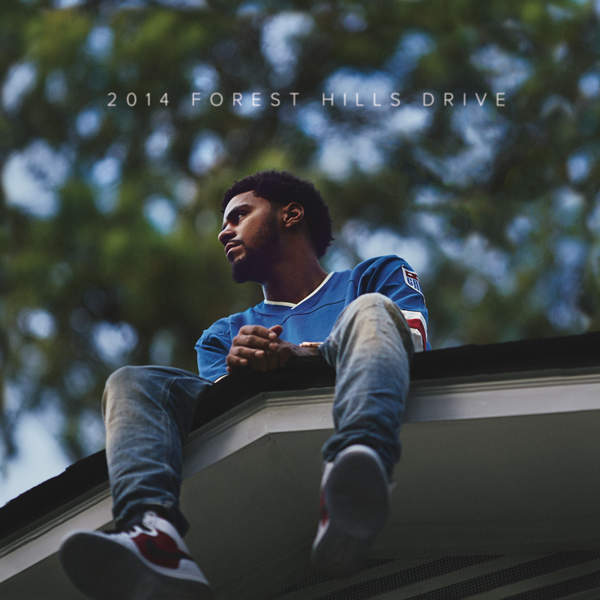






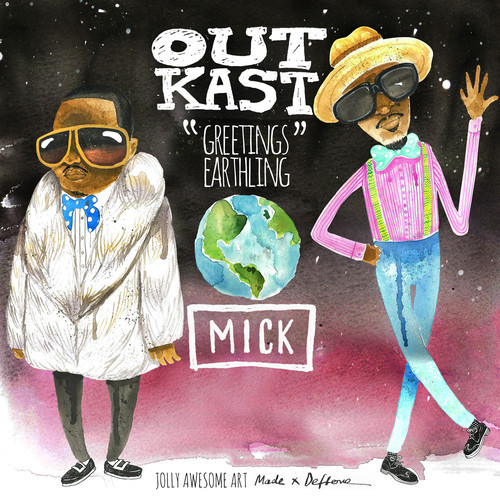


 Mixtape D.L.
Mixtape D.L.
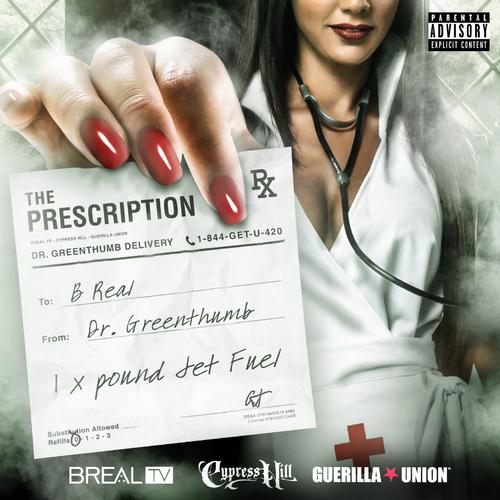

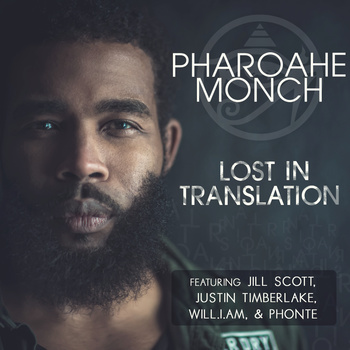

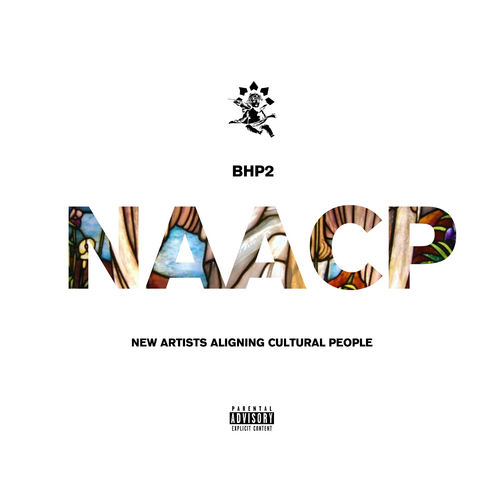
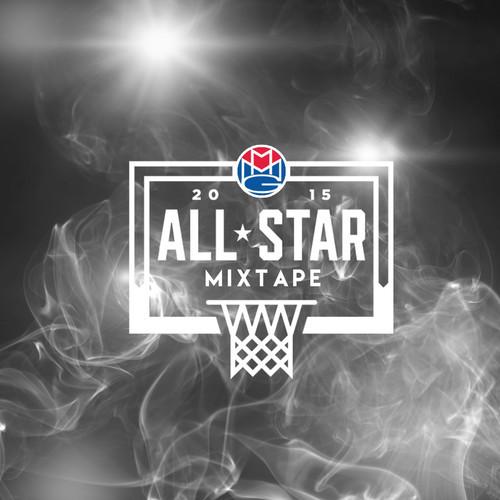
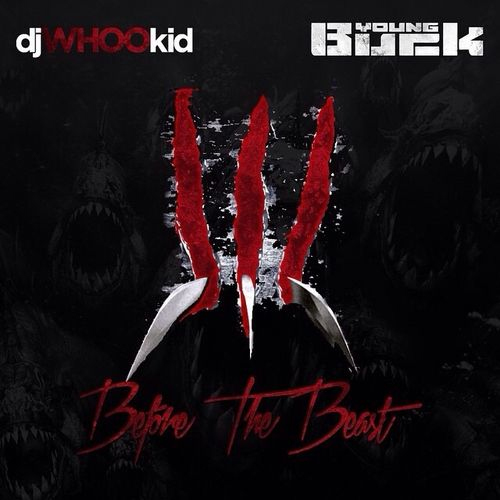
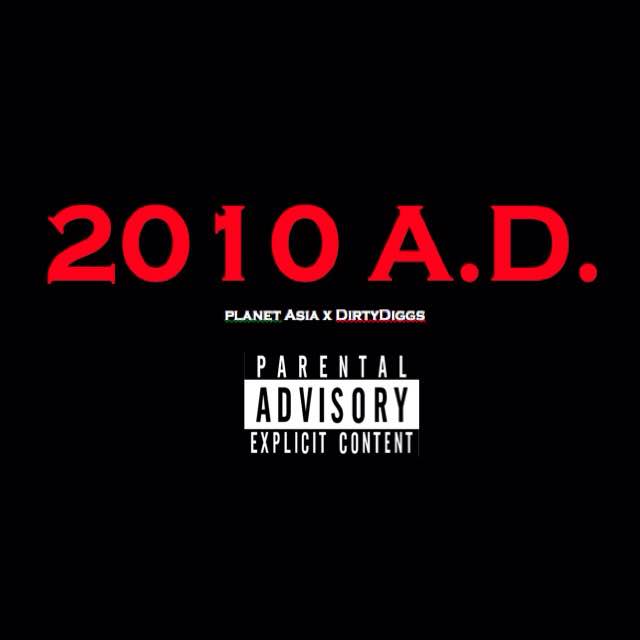
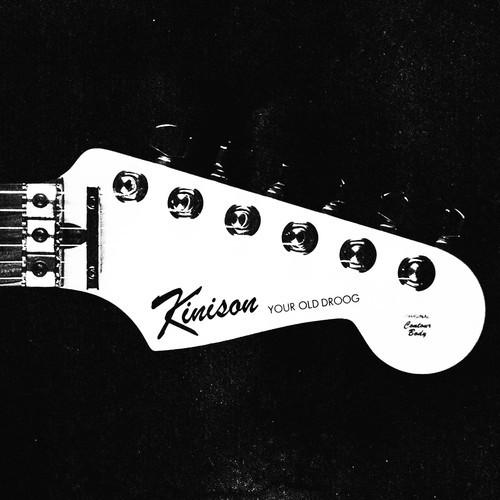
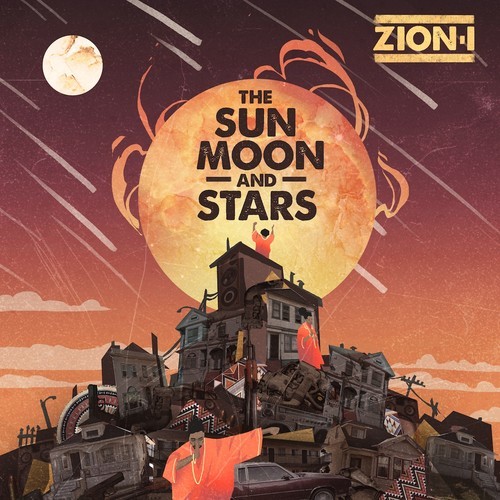

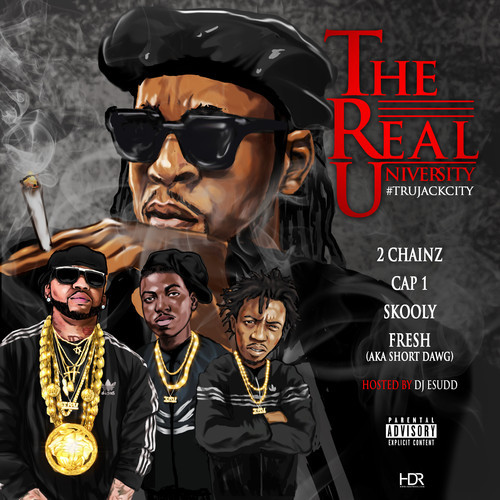
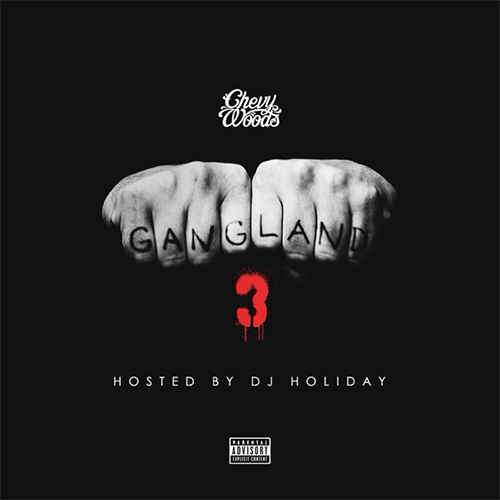
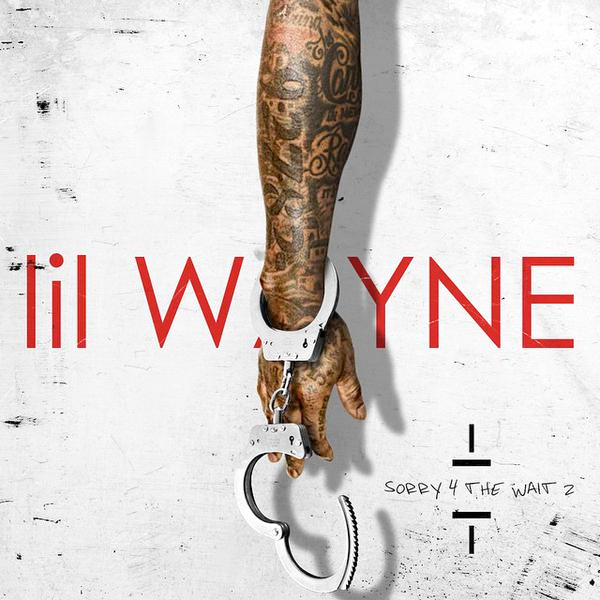
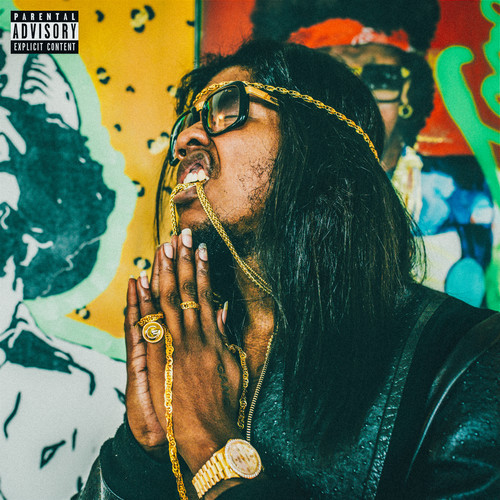





5 September, 2006@12:00 am
0 comments